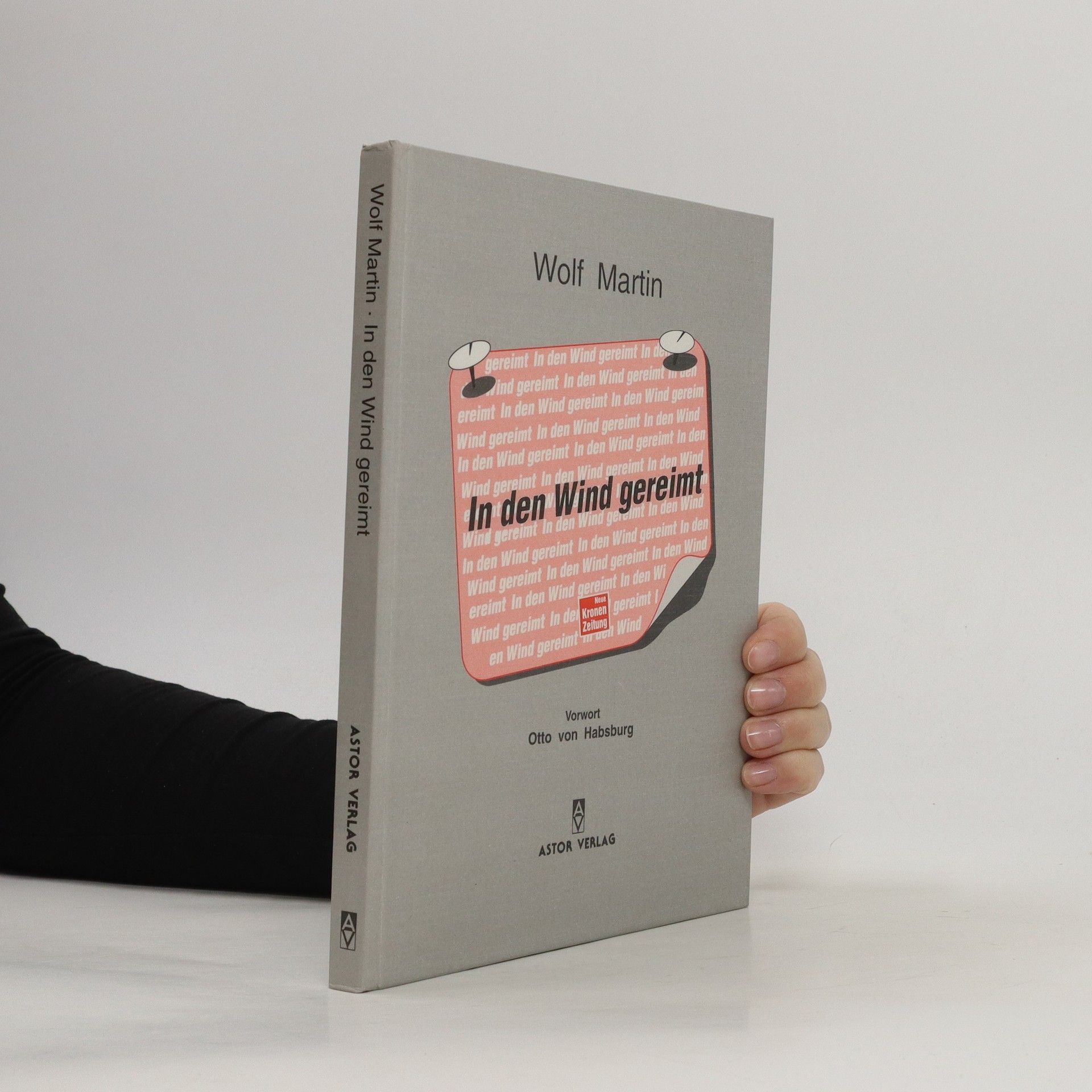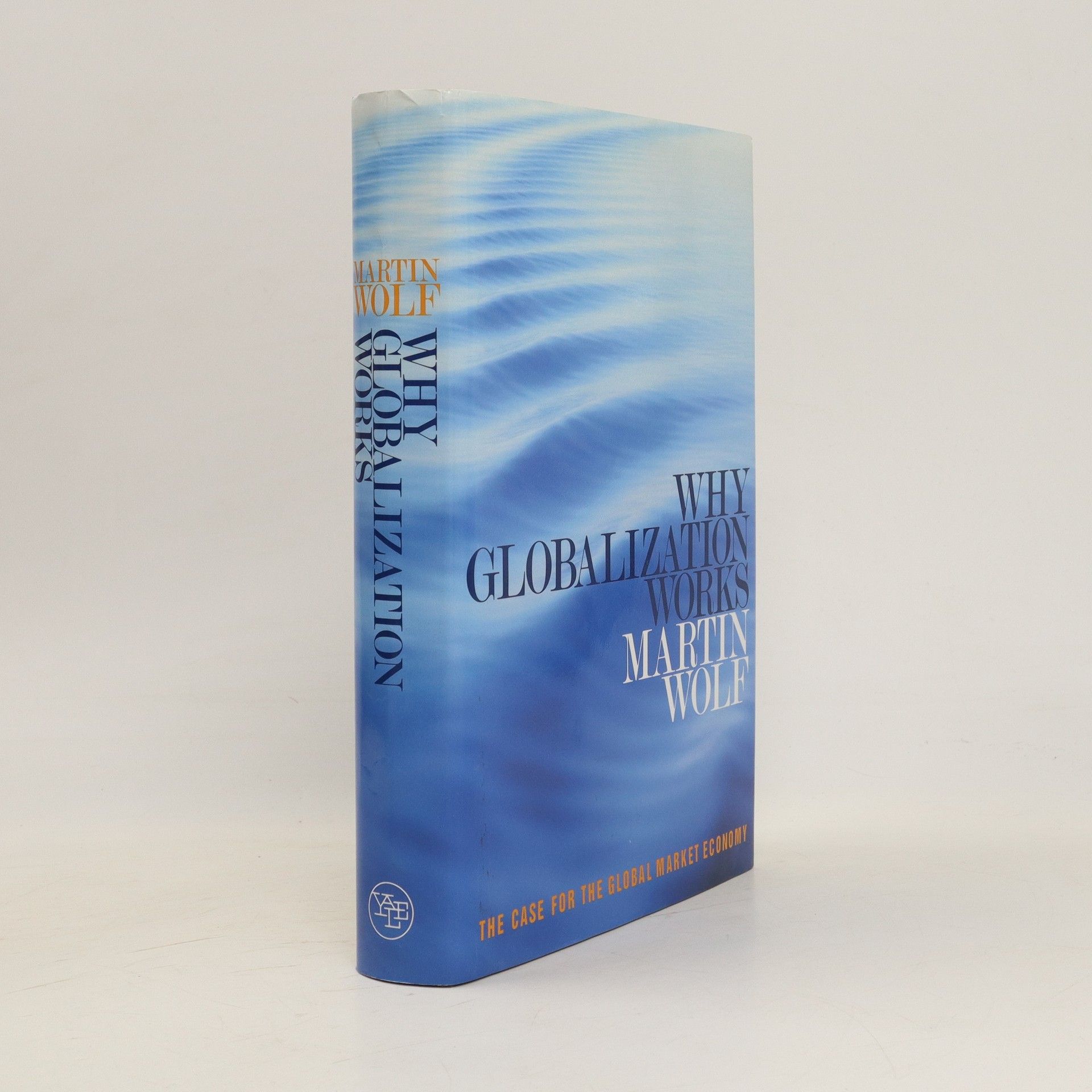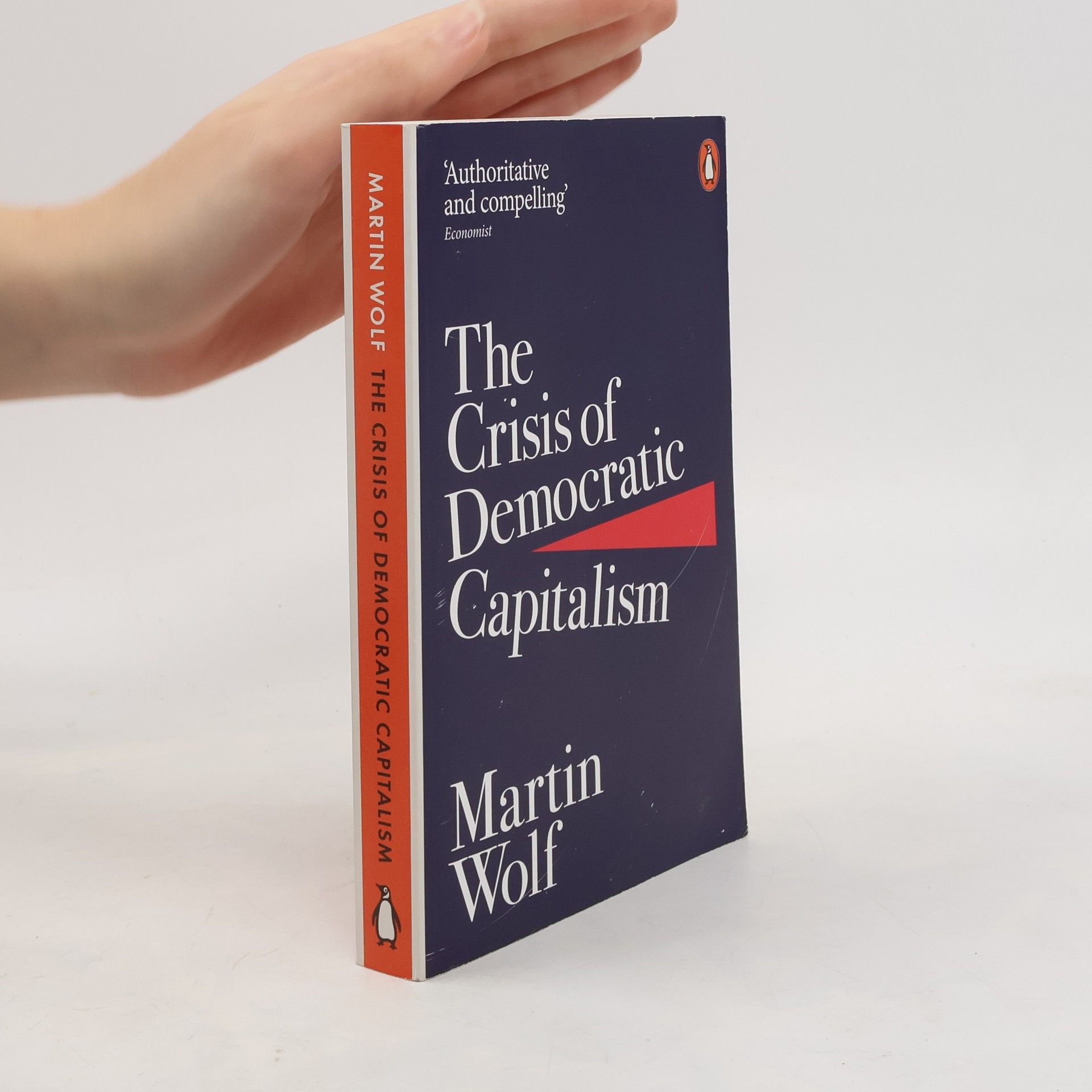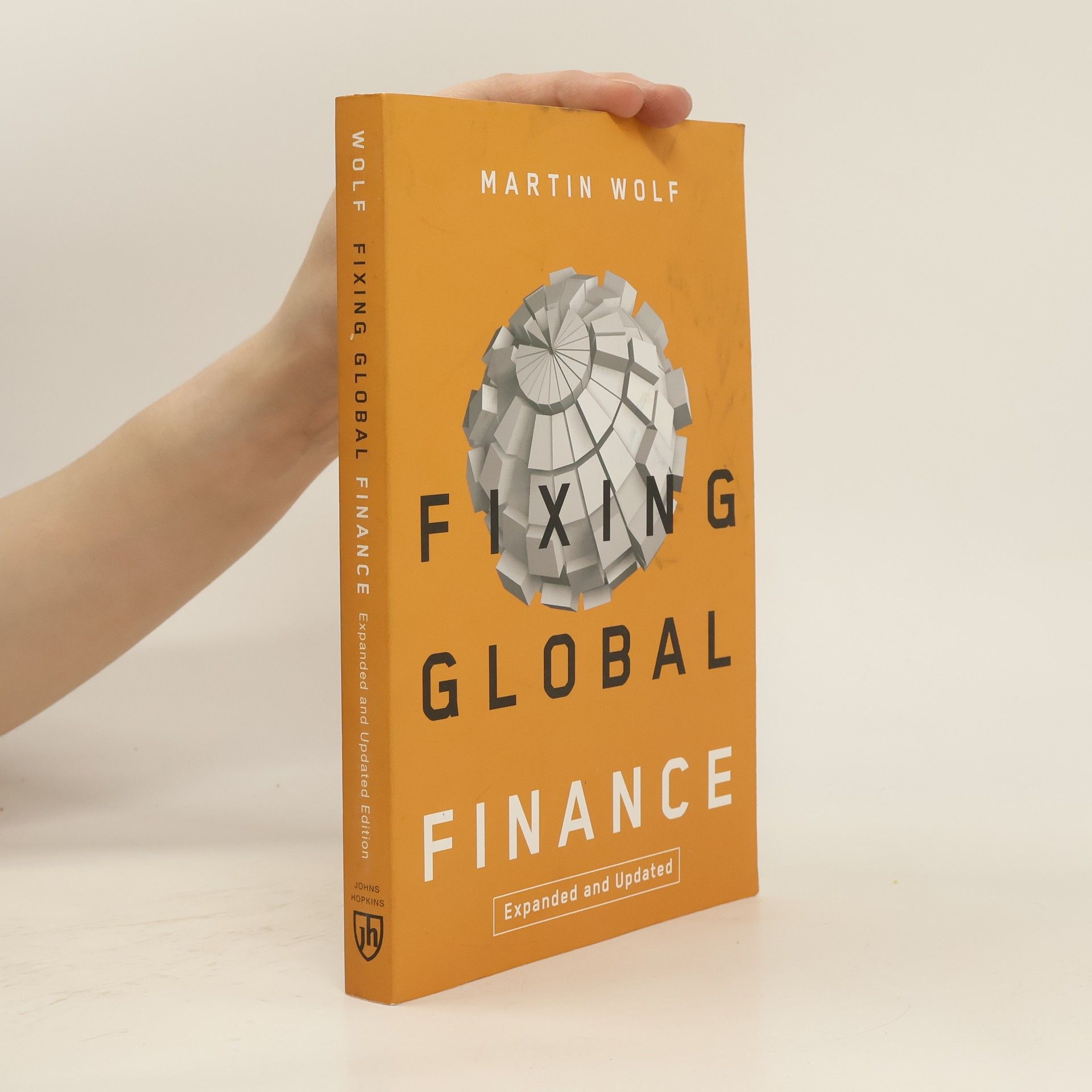Fixing Global Finance
- 250pages
- 9 heures de lecture
Since 2008, when Fixing Global Finance was first published, the collapse of the housing and credit bubbles of the 2000s has crippled the world’s economy. In this updated edition, Financial Times columnist Martin Wolf explains how global imbalances helped cause the financial crises now ravaging the U.S. economy and outlines steps for ending this destructive cycle—of which this is the latest and biggest. An expanded conclusion recommends near- and long-term measures to stabilize and protect financial markets in the future. Reviewing global financial crises since 1980, Wolf lays bare the links between the microeconomics of finance and the macroeconomics of the balance of payments, demonstrating how the subprime lending crisis in the United States fits into a pattern that includes the economic shocks of 1997, 1998, and early 1999 in Latin America, Russia, and Asia. He explains why the United States became the “borrower and spender of last resort,” makes the case that this was an untenable arrangement, and argues that global economic security depends on radical reforms in the international monetary system and the ability of emerging economies to borrow sustainably in domestic currencies. Sharply and clearly argued, Wolf’s prescription for fixing global finance illustrates why he has been described as "the world's preeminent financial journalist."




